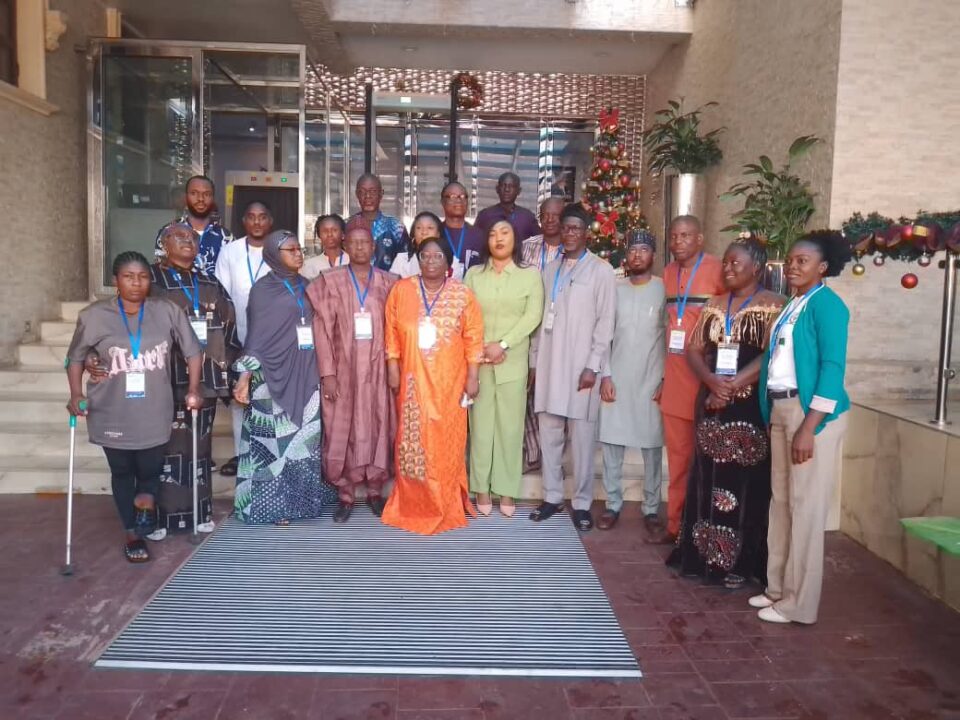By Stella Odueme
The Federal Government, and the International Fund for Agricultural Development (IFAD), started the yearly review of the “Country Strategic Opportunities Programme” (COSOP) for 2024–2029 timeframe.
The COSOP framework, a cooperation strategy between IFAD and the feederal government has of Nigeria targets strengthening rural economies by transforming agri-food systems through market-driven approaches.
Approved by the IFAD Executive Board in April 2024, the programme targets 1.2 million beneficiaries, including smallholder farmers, rural entrepreneurs, women, youth, Internally Displaced Persons (IDPs), and Persons with Disabilities (PWDs).
The review, brought together key public and private sector stakeholders to take stocks and evaluate the advancements in boosting rural economic development, enhancing food security, and building agricultural resilience while drawing a roadmap for future inclusive growth in the sector.
IFAD Country Director,
Mrs Dede Ekoue, stressed that the initiative aligns with the government’s agricultural priorities as aims to achieve sustainable agricultural practices, climate resilience, and enhanced market access for rural farmers.
She outlined COSOP’s achievements to include training on good practices, technology adoption, and climate-resilient farming methods.
Accordiing to her, over 74,000 farmers and agro-entrepreneurs have benefited from improved production capacity, training, and input access while 24,000 women, youths, and startups have been supported in income-generating activities, just as over 30,000 hectares of land have been made accessible to vulnerable groups, addressing critical barriers to agricultural productivity.
Digital innovation, a key feature of the 2024–2029 COSOP, will be scaled up to align with the National Agricultural and Technology Innovation Policy (NATIP). The initiative also aims to shift from gender mainstreaming to gender transformation, empowering women and ensuring equality in leadership roles within the agricultural sector.
COSOP’s success is as a result of partnerships at all levels, with ongoing IFAD-funded programmes such as the Value Chain Development Programme (VCDP), Livelihood Improvement Family Enterprises Project in the Niger Delta (LIFE-ND), and Special Agro-Industrial Processing Zones (SAPZ).
Equally, a new programme, the Value Chain Programme in Northern Nigeria (VCN), is expected to be launched in 2025.
Director of the Projects Coordinating Unit at the Federal Ministry of Agriculture and Food Security, Mr. Bukar Musa, praised COSOP as a cornerstone of Nigeria’s agricultural transformation.
“Through this partnership, we are reaching underserved rural communities, empowering vulnerable populations, and fostering resilience in the face of challenges such as climate change and insecurity,” he stated.
Stakeholders agreed that the COSOP framework has continued to align with Nigeria’s National Climate Change Policy and the African Continental Free Trade Agreement (AfCFTA), promoting inclusive growth, environmental sustainability, and food system transformation.
And with a focus on building resilient rural economies, many said COSOP remains a vital initiative for reducing rural poverty and securing a sustainable agricultural future in the country.



